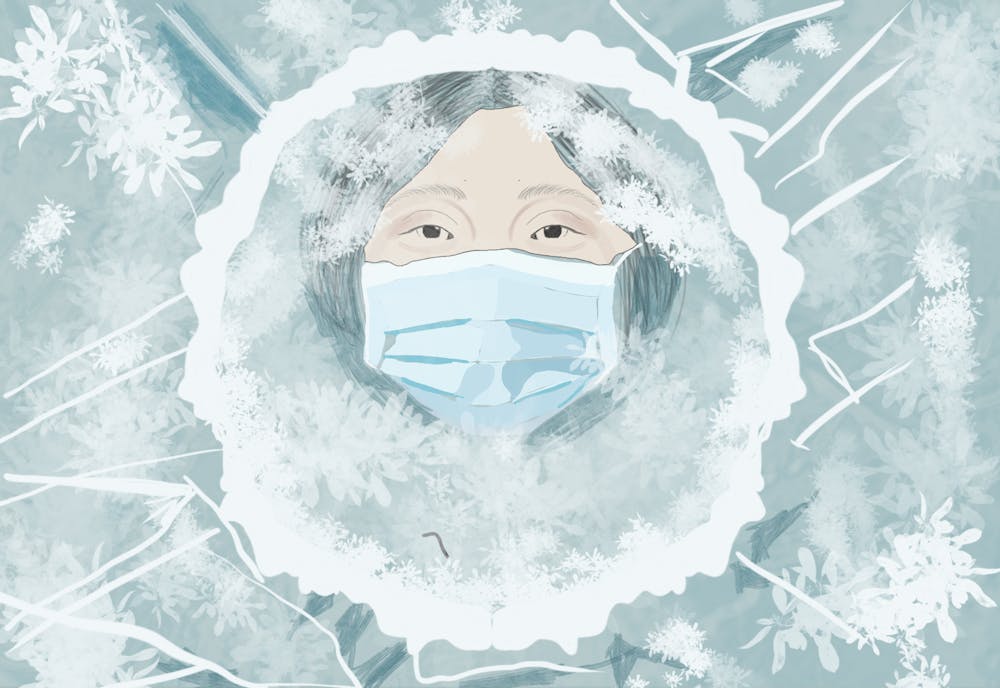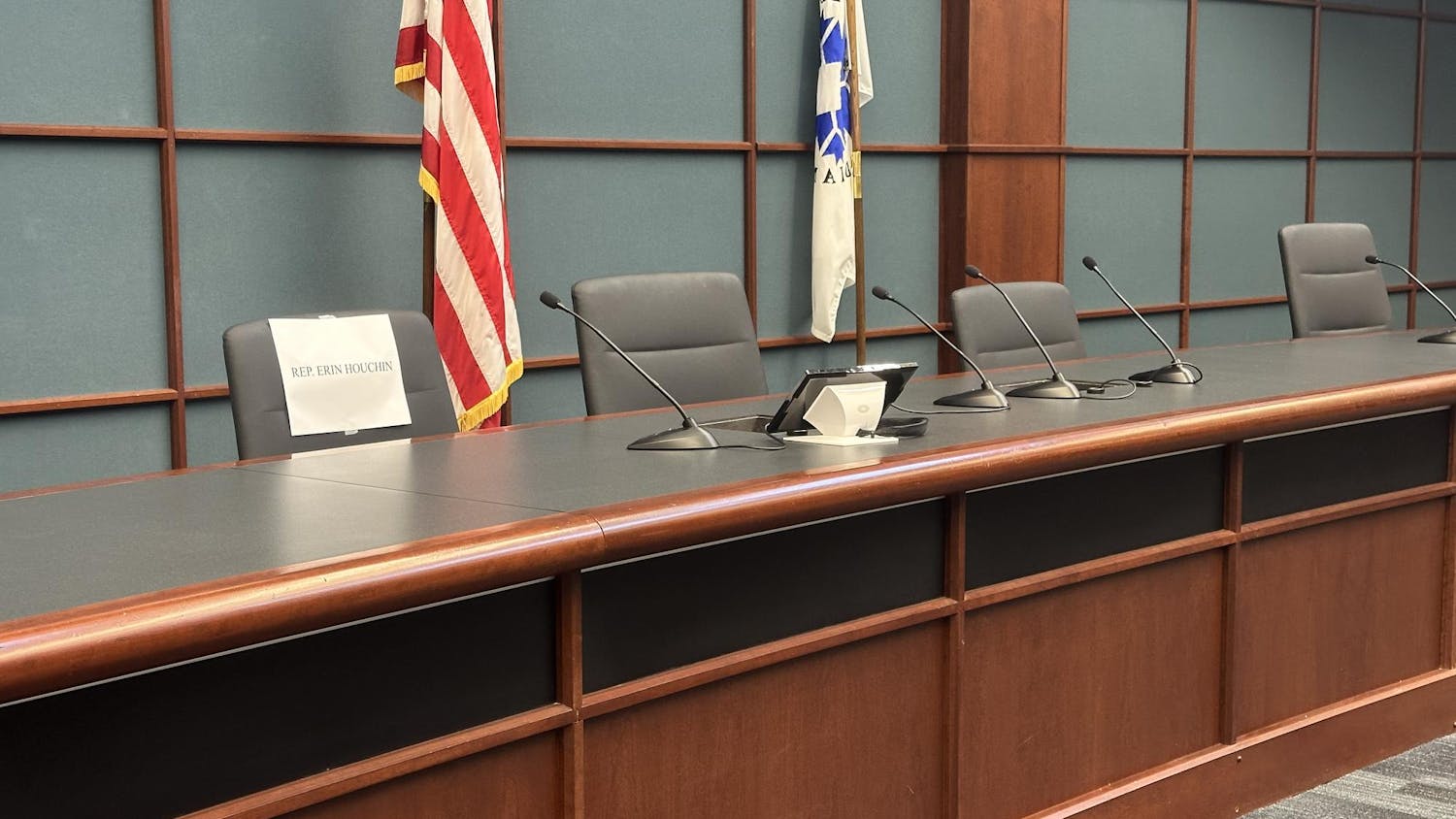COVID-19 affected us in ways we’re only beginning to understand — but it remains to be seen how it influenced our society, given its relevance to those who lived through it.
The “pandemic skip” is a phenomenon derived from quarantining. Just like it was harder for kids to learn how to speak because they weren’t hearing enough words, it was hard for us teenagers and young adults to mimic growing up from the people around us.
This skip is the idea that those who lived through the pandemic were the same age mentally and emotionally when quarantine ended as they were when it started. Because we did not experience those couple years of normalcy, our lives stopped, and our growing up came to a halt. Interestingly, though, this wasn’t the case for me.
The phenomenon argues we experienced a skip backwards, but for me, it was a skip forward. In contrast to what many people on social media and the internet have said about the skip, the phenomenon affected me in the opposite way. There is no doubt these users’ experiences are real, but mine was completely different. Quarantining aged me at least 10 years.
Starting with my social life — it's one that should belong to a 70-year-old. It consists of spending most of my time with my boyfriend, going out to dinner every now and then, and a whole lot of staying in and watching movies. If I had been this way before quarantine, I would simply be an introvert, but I wasn’t. I was very social and outgoing, and it was only after quarantine that I became less and less interested in being with people. When I hang out with my friends, the 21-year-old comes out, but it’s very rare.
My emotional maturity matches one of a 40-year-old mom of four. The pandemic gave me a lot of time to think and reflect; through those existential monologues, I matured.
My kids are actually my friends to whom I say “have fun tonight” while I stand in my pajamas in the kitchen making a nice dinner and serving myself a glass of champagne. I have bursts of what a 21-year-old would think, feel and say when it comes to anger, but I’m working on it.
My emotional maturity and social life are not the only things that align with people older than me, but also my thoughts about my financial situation. I started to work a couple of months ago, and given my penchant for clothing, I’ve worked to save a lot of what I make.
I constantly think of a year from now, and how good it will feel to have some cushion to rely on. I have learned that most of the time it feels just as good to keep the money in your bank account than buying that thing you really wanted.
The pandemic skip made me grow up. Having so much time on my hands, I did nothing but think which in turn made me plan.
Without meaning to, by the time the pandemic ended I was well beyond my years. It comes with its pros and cons. My social life is not riveting, but my emotional maturity makes me a better person.
Although maturity is something many want to achieve, I sometimes find myself trying to undo what the skip did. It's both something I like and dislike because as reassuring as it is to feel like an adult, it's sometimes frustrating when I want to act 21. I’m constantly trying to find a balance between living like these different ages, while still allowing my 21-year-old to poke through when it wants to. So, it's complicated.
No matter how old I think I am mentally and emotionally after the pandemic skip, physically I’m still in the earliest days of my 20s, and that means I’m learning as I go.
The pandemic affected us in many ways. It made me grow up when maybe I wasn’t ready for it. Having our lives stop for two years affected us all. I hope you find some companionship in knowing that you are not alone. Even when the “skip” did the very opposite for me, I very much struggle with it.
The pandemic skip is more than a phenomenon, it’s a clear cause as to why kids were delayed in their talking, why young adults don’t feel their age and for me: why I feel so much older than I actually am.
Maria Amanda Irias (she/her) is a junior studying journalism and psychology.






